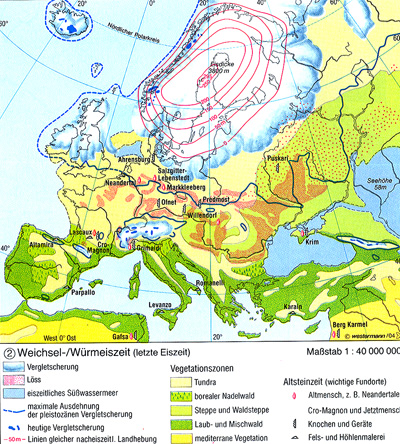All true UB...but they were adapted to survive in the current climate they occupied. Survival doesn't necessarily equate to qualities a beekeeper may desire. That requires selective breeding for those heritable characteristics that are desired.
I take your point, and thank you for it.
But I think we're getting to a kernel here.
What I have found by reading here and elsewhere (strictly my impression, now) is that there is a spectrum of attitudes towards the bees.
At one end there is a rapacious attitude towards the bees, at the other end is the sunhive.
We would all draw the line in different places and for different reasons.
I am not a commercial beekeeper, for one thing.
By temperament, I just don't have a lot of patience with the idea that bees, ideally, should never swarm, or never sting.
I understand it as a mark of decent beekeeping craft to control swarming, so I clip queens (again, other people draw the line elsewhere) but because I live in the country, with country people, a swarm would probably not be the end of the world here.
I take it as a decent indicator of my bee-handling skills that I very, very seldom have been stung by my bees. Veil and nitriles only. Usually, I know exactly what I have done wrong.
From a craft point of view, there is so much improvement of which the 'native' bee is capable. That seems to me, to be a worthy direction to take.
Some may think that 'loyalty' to the 'native' bee is sentimental. I suppose I'm partly conditioned in that by the general tone and tenor of beekeeping in Ireland, which takes the promotion of Amm to be a good thing. I'm very comfortable with that.
I'm not an avaricious person, nor stupid either. My yields shall be whatever they are, but I still think I will do ok.
That is the direction I am going to take.























































